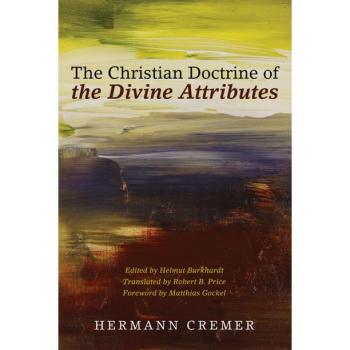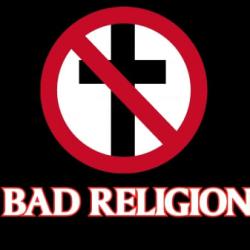The Church as Christ?
Recently I have preached three sermons about the church in three different churches. My underlying reason can be expressed like this: I believe contemporary American Christianity has, by and large, trivialized the church.
What do I mean by “church?” The whole body of Christ composed of all true believers in and followers of Jesus Christ who gather in some manner or other to worship God in the name of Jesus Christ through the Holy Spirit.
Everyone who studies the New Testament is familiar with its many images of the church. The classic book about this is by the late theologian Paul S. Minear “Images of the Church in the Bible.”
All three of my sermons have used as the sermon text 1 Corinthians 12:12-27, the famous “body of Christ” image. Many times when reading that portion of scripture I have noticed, but passed over without much thought, verse 12 where Paul says “For just as the body is one and has many members…so it is with Christ.” But this time, in preparing these sermons, my mind focused on that. What was Paul doing there? It’s one thing to compare the church to the human body; it’s something else to call the church Christ!
Most scholars I have read take this as mere imagery as if Paul could just as well have said “so it is with the church.” Paul Minear did not think we should treat this so cavalierly. Surely Paul was intentional. But what was his intention? Did he mean to equate the church with Christ? Or did he mean only to use “Christ” here as a metaphor for the church? In other words, is this 1) a slip of the “pen?” Or 2) a mere metaphor not to be taken as saying anything about ontology?, or 3) at the moment Paul wrote this did he mean to equate the church with Christ?
The first explanation is that as Paul wrote 1 Corinthians 12:12 he simply made a mistake as he meant to write “the church” but accidentally wrote “Christ.” I have trouble with that as I’m sure Paul was a careful writer and would not make such an egregious error. Had he done so, I’m sure he would have crossed out “Christ” and written in “the church.”
The second explanation doesn’t take Paul very seriously. If he intended to write “so it is with Christ,” we have to ask ourselves what he was thinking. If he didn’t intend to equate the church with Christ in some mystical or ontological sense, wouldn’t he worry that some of his readers would interpret it that way?
After all, there is the “Christ mysticism” motif in Paul’s letters where he does occasionally write about the union between the believer and Christ. Again, that can be taken as metaphor, referring to a deep relationship that has no ontological meaning of “union.” Albert Schweitzer did not think that. (See his classic book “The Mysticism of Paul the Apostles.” Neither did Paul Minear.
The third explanation would take Paul literally but only half way, or partially, as clearly “Jesus Christ” is ascended to the Father and is not confined to any earthly, human place or people. Nor is he, as Luther thought, “ubiquitous.” But even Luther apparently did not think the church IS Christ.
What, then? The common explanation found in most commentaries and study Bibles is simply that Paul was here using a powerful metaphor or simile and that if we just alter the wording a bit we have the true meaning of 1 Corinthians 12:2: “so it is with the church.” Omit “Christ” and replace it (the word) with “church” and the meaning is the same.
But I wonder what Paul would say about that? Why did he say “Christ” instead of “church” there? To say that he only MEANT “church” seems to rob the whole verse of its “punch” (so to speak). MIGHT Paul have meant to write “Christ” there for a reason?
I know well the common explanation that Paul only meant there and elsewhere with his images of Christ and the church (head, body, temple) that the church is meant to represent Christ on earth. Or that Christ dwells within the church in some sense through the Holy Spirit. Whatever. But MIGHT Paul have been intending something more? MIGHT Paul have written “Christ” there with full intentionality of equating the church with Christ, not exclusively, as if the church is the only being of Christ in the cosmos, but in the sense of a real, actual, ontological union of Christ with the church such that he could MEAN “Christ” when he referred to “church?”
IF SO, where do we go from there? Who looks at any church and says or thinks “there is Christ?” Churches are too flawed to “be” Christ. No church is perfect and most, perhaps all, fall far short of the perfection of Christ. What, then? What “church” was Paul thinking of in 1 Corinthians 12? The Corinthian congregation(s)? That’s hard to think.
Was Paul ignorant of Platonism? Or might he have been thinking of “the church” in especially 1 Corinthians 12:2 as “the mystical body of Christ” in “heavenly places”—the ideal church, the form of the church, the church in God’s mind as it ought to be and will be in the eschaton?
*Note: If you choose to comment, be sure to keep your comment relatively brief (no more than 100 words), on topic, addressed to me, civil and respectful (not hostile or argumentative), and devoid of pictures or links.*














